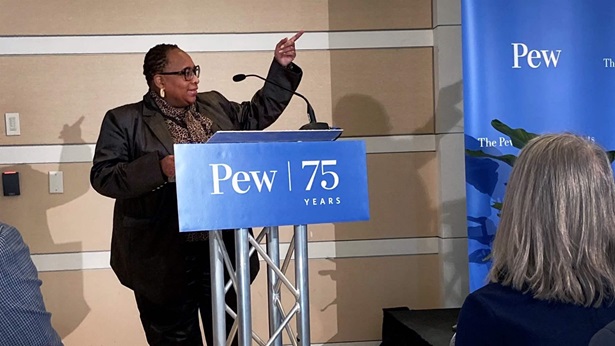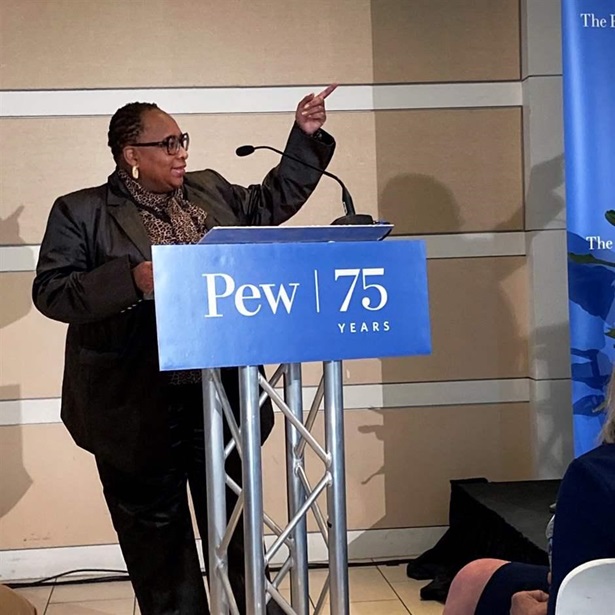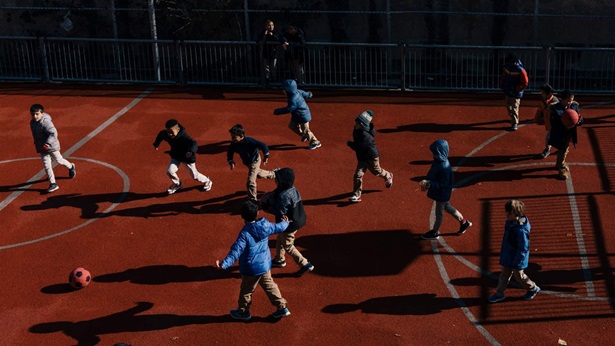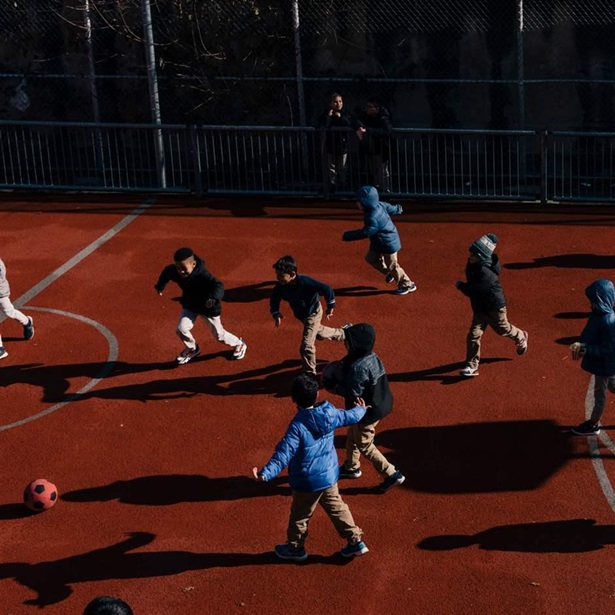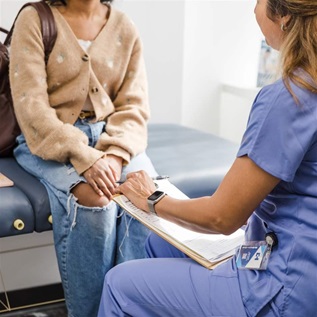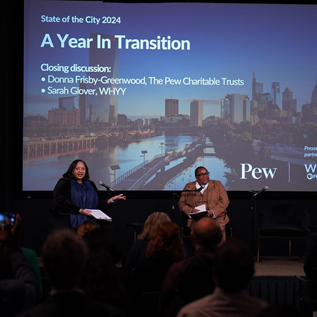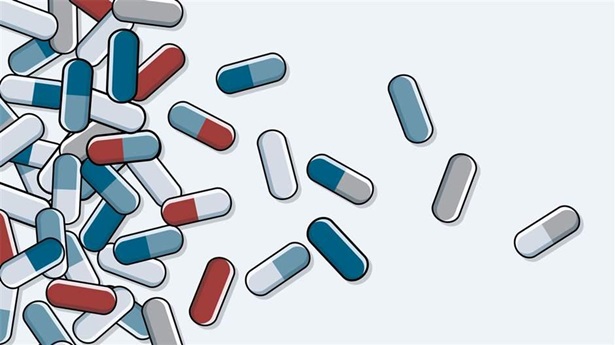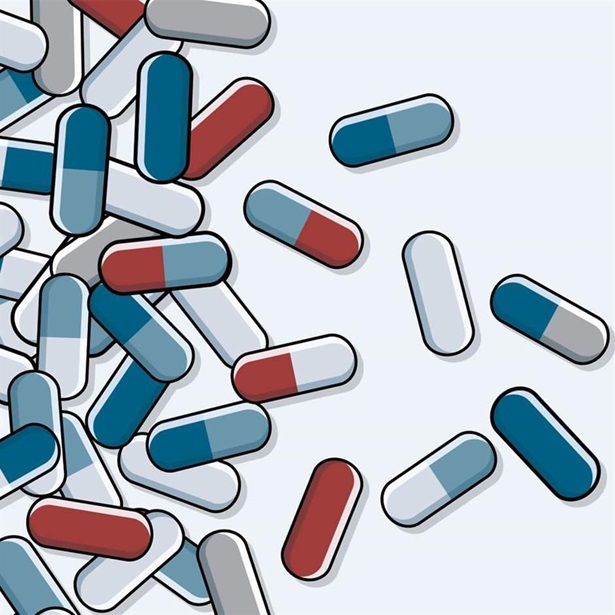Pew Awards $1M to Address Opioid and Behavioral Health Crisis in Philadelphia
Grants include $500K to develop community-driven initiatives in Kensington, $250K to support children in the foster care system
PHILADELPHIA—The Pew Charitable Trusts announced today that it has awarded $1 million to four Philadelphia-area nonprofit organizations addressing the opioid epidemic and related issues in Kensington, as well as making behavioral health and support services more coordinated and accessible for those who need them most, including children in the city’s foster care system and people with substance use disorders who visit emergency rooms.
The new grants are as follows:
- Impact Services and New Kensington Community Development Corp., two neighborhood-based anchor institutions, have been awarded a total of $500,000 over two years to lead a community-driven engagement process that will result in the first comprehensive plan to address the complex, intersecting crises of opioid addiction, gun violence, homelessness, disinvestment, and lack of opportunity in Kensington. Pew funds will also support the organizations’ efforts to distribute up to $7 million in Kensington from Pennsylvania’s $2.2 billion opioid settlement with drug manufacturers and distributors. The knowledge gained from the distribution of the first settlement payment, alongside the community plan, will position the organizations to inform future investment of the city’s share of settlement funds, estimated to be $200 million over the next 18 years. Pew’s support is part of a collaboration with other funders, including the Neubauer Family Foundation, the Green Family Foundation, and Spring Point Partners.
- Thomas Jefferson University has been awarded $250,000 over two years to support the Philadelphia region’s first “bridge program,” designed to better meet the complex mental, behavioral, and physical health needs of people with substance use disorders. Specifically, Pew’s grant will help the Center for Supportive Healthcare’s Stephen and Sandra Sheller Consult and Bridge Program coordinate patient care among hospitals and primary care and social services providers to offer a more holistic approach to improve outcomes and individuals’ treatment experiences.
- Bethanna—a nonprofit provider of family support and child welfare services, behavioral health care, and children’s mobile crisis services—has been awarded $250,000 over two years to pilot a program, in partnership with the city’s Department of Behavioral Health and Intellectual disAbility Services, that will better equip foster families to support the behavioral health needs of the children and youth placed in their care. The program will provide evidence-based, comprehensive social and emotional support and education for foster parents on how to help children through the trauma of being uprooted from their homes or a prior placement, with the goal of ensuring placement stability.
Kristin Romens, project director of the Pew Fund for Health and Human Services, said of the grants, “Since the start of the COVID-19 pandemic, Philadelphia has been experiencing a behavioral health crisis compounded by increasing numbers of people with substance use disorders and a health care system that is not well designed to meet the needs of individuals facing complex challenges. With these grants, Pew aims to help local agencies and organizations explore innovative solutions to improve access to care and strengthen social services support for those who need it most.”
###
Founded in 1948, The Pew Charitable Trusts uses data to make a difference. Pew addresses the challenges of a changing world by illuminating issues, creating common ground, and advancing ambitious projects that lead to tangible progress. In our hometown of Philadelphia, Pew is committed to making an impact through research and policy work to help the city navigate challenges, supporting the health and well-being of people facing complex challenges rooted in poverty, encouraging a thriving arts and cultural community, and pursuing civic initiatives to strengthen the area’s appeal to residents and visitors alike. Learn more at Supporting the Greater Philadelphia Area.

